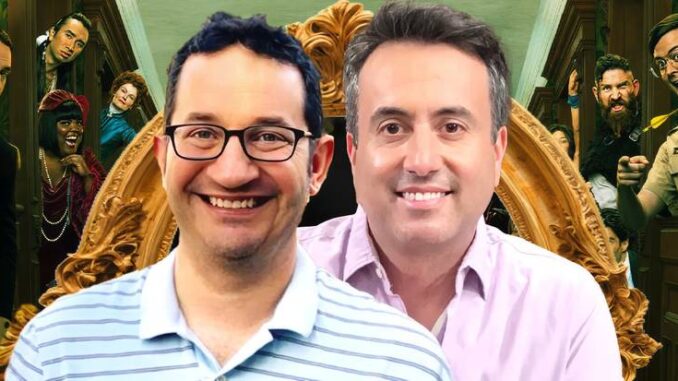
The human heart, a paradoxical chamber, beats in the now yet echoes with the then. It is a vessel perpetually sailing, sometimes with the wind of a vibrant present, sometimes against the currents of a haunting past. The question, then, is not merely philosophical but profoundly existential: Will ghosts cross paths with “Eternally Yours”?
Let us first define our specters. These are not the sheet-draped apparitions of folklore, but the more insidious, more potent ghosts of the mind. They are the lingering regrets of words unsaid, the phantom touch of a love lost to time or circumstance, the cold ache of opportunities missed, the heavy shroud of past mistakes, or even the quiet, wistful echo of cherished memories that belong to a chapter irrevocably closed. These ghosts are the indelible imprints of our journey, the history written on the soul, forever whispering from the peripheries of our consciousness. They are the shadows we cast, even in the brightest light.
Then there is "Eternally Yours." This is the incandescent promise, the unyielding anchor, the sanctuary of whispered vows and shared futures. It is the love so profound, so complete, that it feels destined, woven into the very fabric of existence. It is a connection that pledges fidelity not just to a person, but to a shared dream, a collective spirit, a future so radiant it seems capable of burning away all vestiges of shadow. "Eternally Yours" implies a singular, unwavering focus, a clarity of purpose that suggests no room for the complexities of a former life. It is the sunrise after a long, dark night.
The romantic ideal would have us believe that when "Eternally Yours" enters, the ghosts are immediately banished, evaporated by the sheer force of new, perfect love. We yearn for a clean slate, a heart unburdened, a story that begins anew. But to wish for such an erasure is to deny the very essence of human experience. We are not born anew with each grand love; we are accumulated beings, mosaics crafted from joy and sorrow, triumph and defeat, presence and absence.
Therefore, the crossing of paths is not just probable, but inevitable. The ghosts, far from being exorcised, are carried within us, dormant perhaps, but never truly gone. When "Eternally Yours" arrives, it does not find a vacant lot, but a landscape already rich with history, sometimes scarred, sometimes beautiful. The moment of crossing often isn't a dramatic collision, but a subtle shifting, a quiet recognition.
Imagine a man, deeply committed to his "Eternally Yours," caught off guard by a familiar melody on the radio – a song he once shared with a love who vanished too soon. For a fleeting second, the ghost of that past joy, that old sorrow, brushes against the vibrant new reality. His beloved, "Eternally Yours," might witness a flicker in his eyes, a momentary distant gaze. This is the crossing.
How "Eternally Yours" responds to these visitations determines the very strength and depth of the bond. A love that demands the complete annihilation of the past is not "Eternally Yours" in its truest form; it is a love built on denial, fragile and unsustainable. True "Eternally Yours" love understands that the ghosts are not threats, but components of the person they cherish. It sees them not as rivals for affection, but as the raw material that shaped the heart now pledged.
In this delicate dance, "Eternally Yours" possesses a unique power. It doesn't banish the ghosts, but illuminates them. In the gentle, accepting light of profound love, the sharp edges of regret soften. The haunting whispers of what-ifs become quiet echoes, acknowledged but no longer dominating the present. The specter of a past love might transform from a source of pain into a bittersweet memory, understood as a stepping stone that ultimately led to the very love that now embraces it.
The most potent manifestation of this crossing is when "Eternally Yours" not only tolerates the ghosts but actively helps to integrate them. It allows for the sharing of these past narratives, transforming the solitary burden of memory into a shared understanding. When one can speak of their ghosts, their vulnerabilities, their lost chapters, and find not judgment but empathy and acceptance in the eyes of their beloved, then the "Eternally Yours" love has truly triumphed. It absorbs the past into the larger, more robust narrative of the present, making it richer, deeper, more resilient.
So, yes, ghosts will cross paths with "Eternally Yours." They must. For "Eternally Yours" is not a love that isolates us from our history, but one that is robust enough to encompass it, to heal its wounds, and to weave its threads into the tapestry of an unbreakable future. It is in this profound acceptance, this generous embrace of the whole, imperfect, beautifully scarred self, that "Eternally Yours" proves its true, eternal nature. It is a love that understands that even shadows, when touched by light, reveal the exquisite contours of what truly matters.
